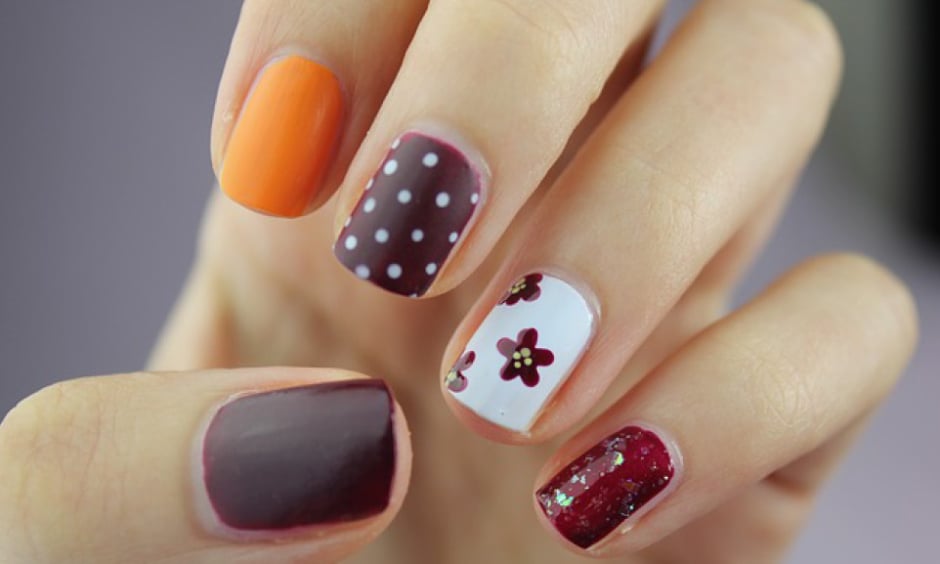(METH)ACRYLATES are important components of acrylic nails, gel nails, and gel polish nails and could be the cause of an allergic epidemic, warns a results study conducted by the Royal United Hospital Bath, Bath, UK. These chemicals are not routinely screened for in allergy assessments (i.e., patch tests), but the latest data shows that the rate of allergic reaction may be greater than previously appreciated.
In 2017, 4,931 patients from 13 UK and Irish dermatology units were tested for (meth)acrylate allergy, revealing the allergies significant presence. Overall, 2.4% tested positive for at least one type of (meth)acrylate, with 1.5% of those being positive for 2-hydroxyethyl methacrylate (2-HEMA), the most common (meth)acrylate to cause sensitisation. It was found that 60% of this cohort developed the allergy through recreational exposure to nail enhancements or nail and/or eyelash glue. Further to this, 33% reported that the allergies developed because of occupation sensitisation, with a large number working as nail beauticians; the remaining 7% were sensitised through exposure to other sources of (meth)acrylate exposure, such as in medical and commercial adhesives.
These study results are a breakthrough for increasing recognition for this type of allergy, which is difficult to diagnose and is considered underreported. “The truth is that there will be many women out there with these allergies who remain undiagnosed, because they may not link their symptoms to their nails, especially if the symptoms occur elsewhere on the body,” explained Dr David Orton, British Association of Dermatologists.
Whilst further research needs to be conducted, researchers hope that this data will play a role in increasing awareness of (meth)acrylate-related allergies, as well as those allies connected with other products in the beauty industry, such as nail glues, which contain cyanoacrylates and can cause severe allergic reactions. “We are now recommending that all dermatologists patch test to (meth)acrylates routinely,” concluded Dr Deirdre Buckley, Royal United Hospital Bath.







